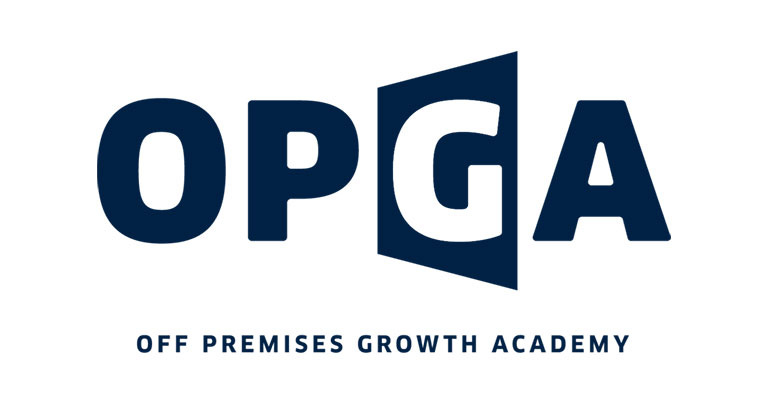Catering Tech: The Secret Weapon for Restaurant Growth
The restaurant industry is experiencing a significant transformation in catering technology, driven by the need for more sophisticated, integrated solutions. Traditional point-of-sale systems were never designed to handle the complex requirements of business-to-business (B2B) catering, creating a critical gap in operational capabilities. Modern catering solutions must address multiple functional areas: sales, order entry, accounting, production, and distribution.
Successful catering operations require a holistic approach to technology implementation. Sales teams now need customer relationship management (CRM) tools deeply integrated with order management systems, enabling comprehensive tracking of customer interactions, repeat orders, and relationship-building. Order entry has become more complex, requiring robust business logic that can handle diverse ordering channels, including third-party marketplaces, direct sales, and automated systems.
Accounting presents another critical challenge, with catering introducing new financial complexities like receivables, credit terms, and sophisticated invoicing processes. Production planning has transformed from manual clipboard methods to sophisticated batch-based manufacturing systems that can predict precise ingredient requirements, packaging needs, and delivery logistics days in advance.
Sponsored by:
As catering becomes a more significant revenue stream for restaurants, technology must evolve to support scalable, efficient operations. Multi-unit restaurant chains are seeing catering contribute 15-20% of location revenues, with some stores reaching up to 40%. This growth demands technology that can seamlessly integrate complex ordering processes while maintaining operational flexibility.
The future of catering technology lies in comprehensive, interconnected systems that support the entire order-to-cash cycle. Emerging technologies like AI, automated ordering interfaces, and even robotic production equipment are poised to revolutionize how restaurants manage catering operations. The key is selecting technology solutions that align with specific operational strategies and can adapt to evolving business needs.
Restaurant operators must approach catering technology strategically, conducting thorough assessments of current capabilities and future requirements. By investing in integrated, purpose-built solutions, restaurants can transform catering from a peripheral service to a robust, profitable business channel that complements their core restaurant operations.
Guest: Terry Matthews | Managing Partner at the Off Premises Growth Academy










